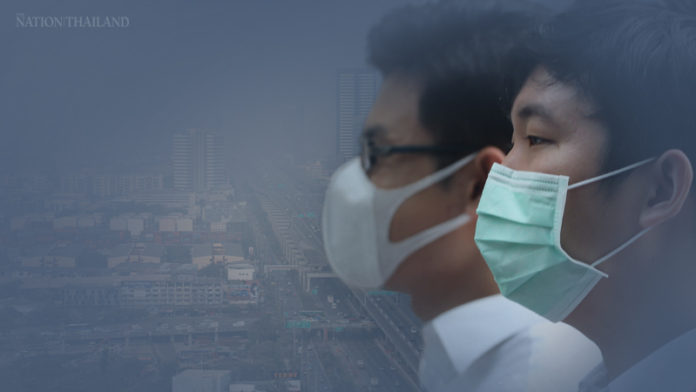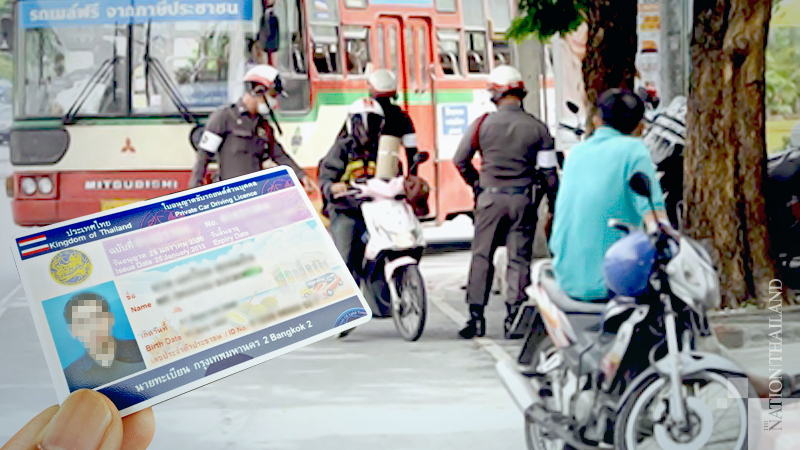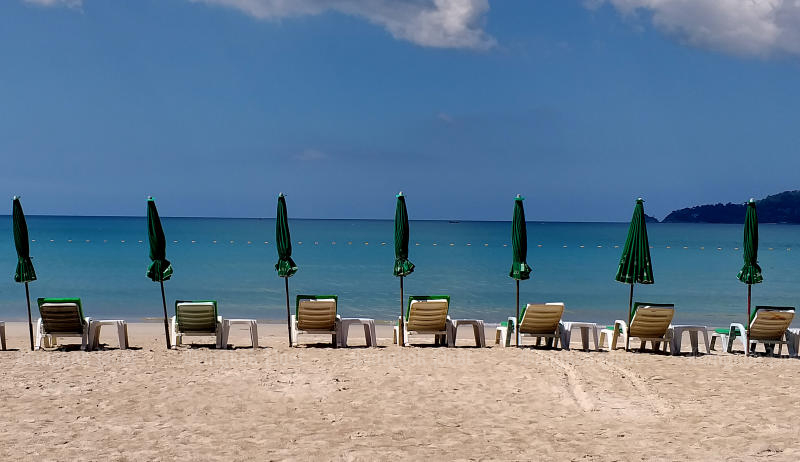It's now a CRIME for Thai students to wear short skirts
In the latest bid to save girls from sexual violence by blaming their attire, amendments to the Child Protection Act pushed by the Education Ministry have made it illegal for students to dress "inappropriately."
What had been left to school administrators to obsess over skirt lengths and blouse tightness has now been codified into law.
Though the specific legal language published Friday was vague, the amendment seems to only target female students, who are routinely admonished for pushing – or outright ignoring – dress-code boundaries.
It was the first amendment to the part of the act detailing "appropriate student behavior," introduced in 2005.
The revision, signed by newly appointed Education Minister Nataphol Teepsuwan, makes the culturally rooted argument that enforcement will improve the behavior and safety of students. No specific incidents were cited to justify the move.
And it was unclear if or how the new law would be enforced with male students. Several calls to the Education Ministry's public relations office for additional information went unanswered.
The amended section also prohibits students from joining groups or gangs that disturb the peace, and causing a "public commotion" outside school or dormitory grounds.
Though no specific penalties were laid out for slipping on short skirts, the Child Protect Act calls for parents or guardians "inducing, encouraging, assisting or supporting" a student who breaks regulations are liable to fines of up to THB30,000 (US$980) and/or three months jail time.
Reactions to the law appeared mixed online, largely between those who think "kids need more rules" and those interested in effective public policy, with the latter saying they will be ineffective and, worse, oppressive.
"I really like this amendment. I want everyone to abide by the regulations so these problems can decrease," Facebook user Calla N Lilly wrote Saturday of the law.
Pimnara P Major said it was the latest example of solving the wrong social problems.
"Instead of teaching students how to live by educating them about social sciences and the rights they have, why are you making a deal out of their school uniforms?" Pimnara wrote.
Universities tend to have strict dress codes that are flouted by a portion of the student body, despite frequent awareness campaigns and half-hearted enforcement efforts.
While first-year girls tend to wear the prescribed ankle-length skirts, many wear them increasingly shorter as they advance through their programs.
Thailand could also consider changing schoolgirl uniforms, which by entirely subjective measures, are considered the most fetish-tastic and sexually charged in the world. Even the reliably kinky Japanese think so – they voted them world's sexiest in 2011.
Still, socially conservative Thailand has a deep tradition of slut-shaming and victim-blaming when it comes to violence against women.
Soon after he seized power in 2014, Prayuth Chan-ocha, now prime minister, famously told people women in bikinis may not be safe – unless they're ugly, after two British holiday-makers were murdered on Koh Tao.
The very notion of consent is not ingrained in society, fueling attitudes that women are to blame for enticing attackers with their fashion choices.
Those attitudes haven't let up post-#MeToo, either.












 Vaccines for farang?
Vaccines for farang?






